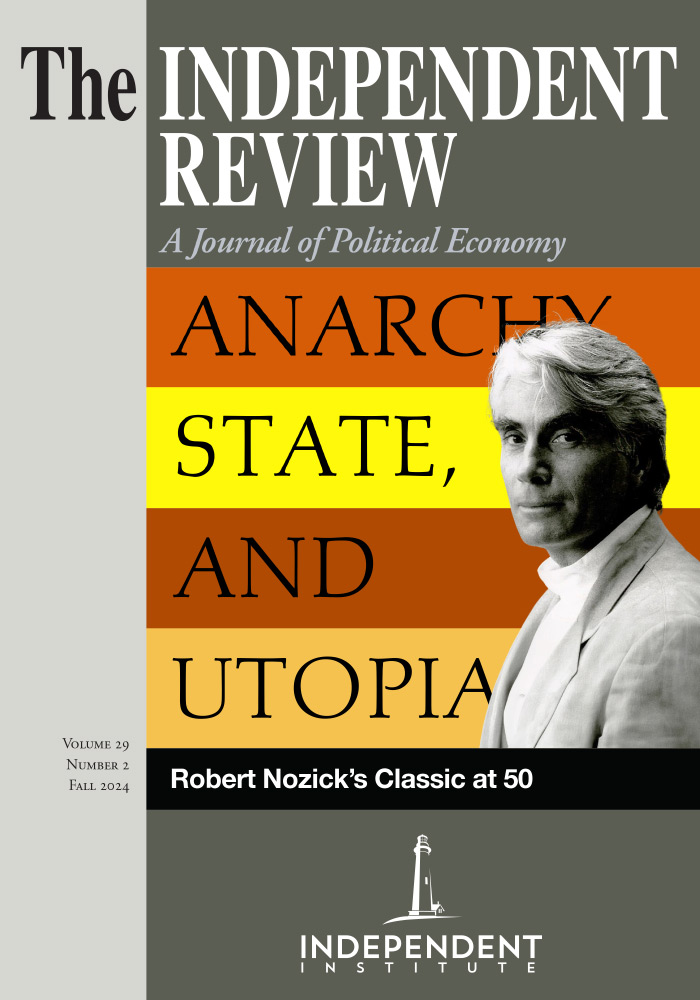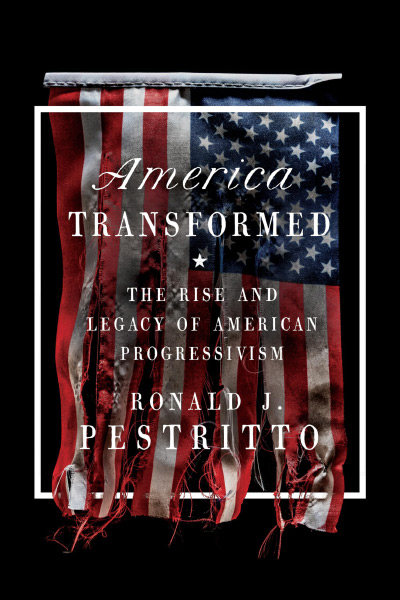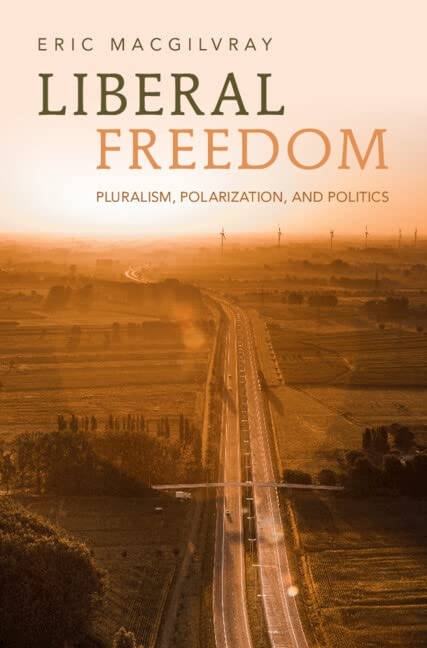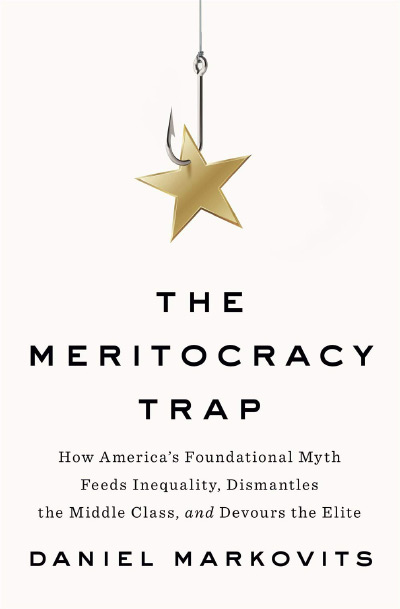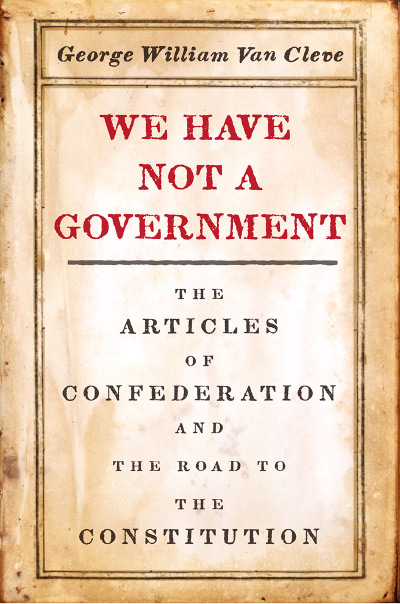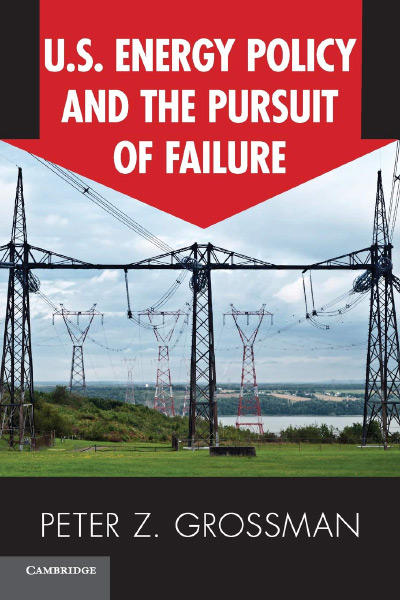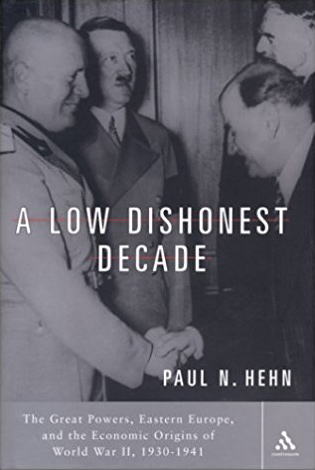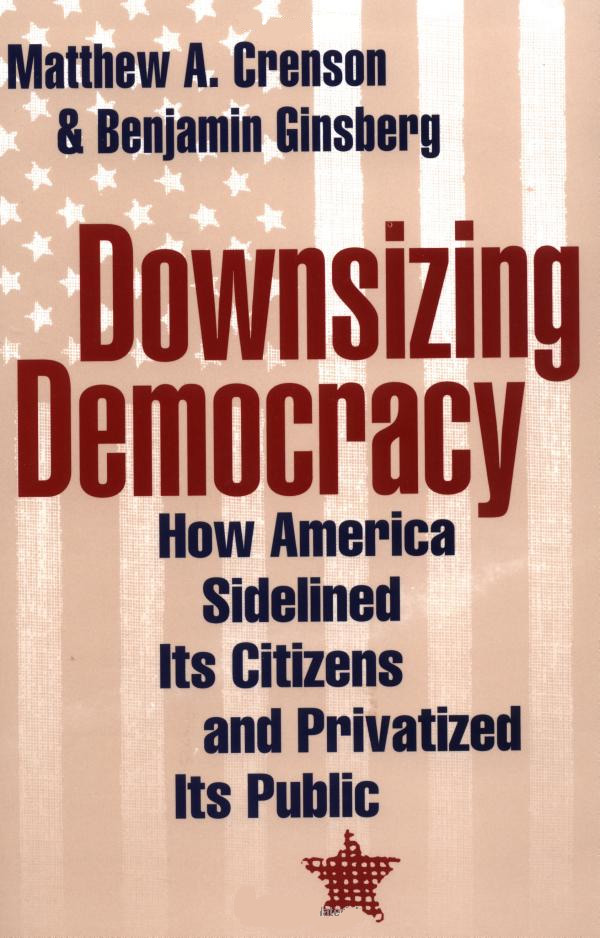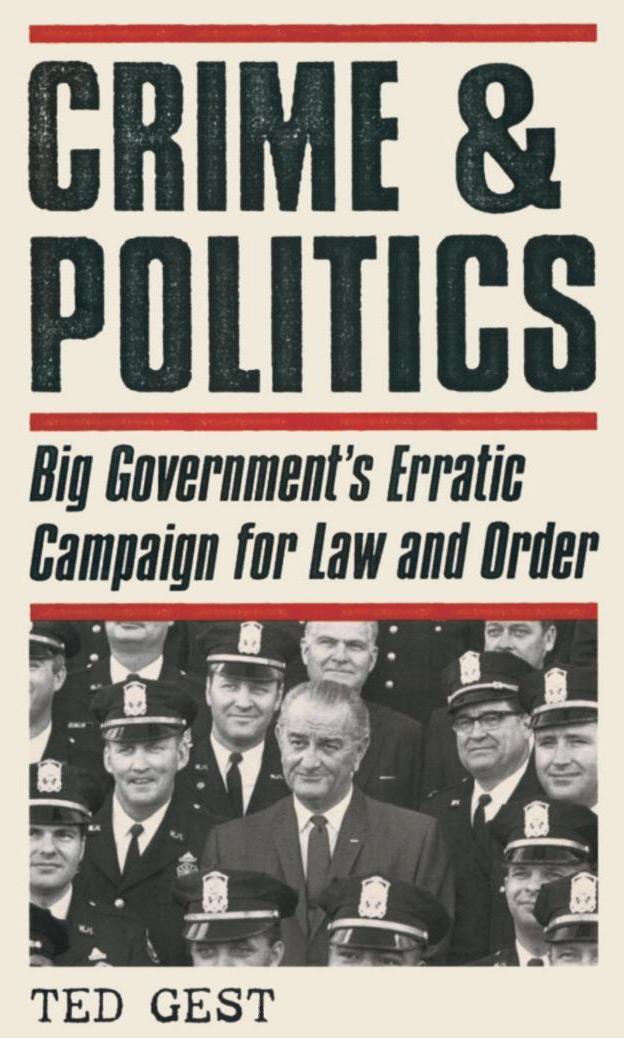In America Transformed, Ronald Pestritto makes three bold arguments. The first and most fully developed thesis is that Woodrow Wilson, Theodore Roosevelt, and other leading progressives thoroughly rejected the natural rights principles announced in the Declaration of Independence and embedded in the Constitution, embracing instead a version of historicism that glorified political leadership and celebrated the steady expansion of government bureaucracy.
The second claim is that the progressivism of Wilson and TR grew out of German political thought, especially the elevated status of “the State” and the allegedly impartial civil service. “The progressive movement,” he writes, “became the means by which German historicism was imported into the American political tradition” (p. 19). The third claim is that the structure and status of the contemporary “administrative state” reflects this anti-constitutional, essentially un-American set of political beliefs.
Pestritto makes a strong case for his first argument, which is the book’s main subject. He is not nearly as convincing on points two and three.
This is primarily a book about the odd political theory of our only political scientist president, Woodrow Wilson. Theodore Roosevelt plays a secondary role here, in part because as a politician rather than a scholar he wrote less and in part because
Jean Yarborough’s Theodore Roosevelt and the American Political Tradition (2012, Lawrence: University of Kansas Press) has covered this ground so thoroughly and ably. Pestritto also connects Wilson’s thought to that of John Dewey, Herbert Croly, and public administration gurus Frank Goodnow and James Landis. Relying in part on Wilson’s recently released early writings, Pestritto paints a devastating picture of Wilson’s thoroughgoing rejection of the political principles of the founders (and Abraham Lincoln) and his near-mystical embrace of leadership and the popular will. Until Donald Trump, Wilson was the most anti-constitutional of our presidents.
Pestritto’s analysis of Wilson’s political thought provides us with pronouncements from the scholar-politician that range from the startling to the downright silly. For example:
- “The trouble with the theory [of the Federalist Papers] is that government is not a machine, but a living thing.... It is accountable to Darwin, not Newton. ... No living thing can have its organs offset against each other, as checks, and live” (p. 33).
- “How much happier [America] would be now if she had England’s form of government instead of the miserable delusion of a republic. A republic too founded upon the notion of abstract liberty! I venture to say that this country will never celebrate another centennial as a republic. The English form of government is the only true one” (p. 65).
- “What commends Mr. Lincoln’s studiousness to me is that the result of it was he did not have any theories at all” (p. 125).
- “Every Fourth of July should be a time for ... determining afresh what principles, what form of power we think most likely to effect our safety and happiness” (p. 130).
If the Constitution is fundamentally flawed and the Declaration does not provide enduring standards for political life, what should guide us other than a formless attachment to “progress”?
Pestritto identifies both the central paradoxes in Wilson’s political thought and some of the ways he tried to extricate himself from them. One paradox is that Wilson wants both to substantially expand the reach of government and to insist on the strict separation of politics and administration. How can administrators remain apolitical if they are expected to regulate and finance so many features of our lives? Pestritto explains that Wilson believed that the job of these administrators would not be politically contentious because in a properly ordered polity—that is, one resembling Britain’s—consensus would rule. Madison was wrong when he claimed that the seeds of faction are sown in the hearts of men. Our natural selfishness can be overcome; we no longer need to worry about factionalism or its close cousin, tyranny of the majority. As a result of our historical evolution, Wilson claimed, “this modern democracy” is “not the rule of the many, but the rule of the whole” (p. 84).
Pestritto encapsulates key elements of progressive thought and provides a vivid contrast with that of Madison in these sentences:
It was because, in Wilson’s mind, history had overcome the problem of faction and had brought about a unified public mind that the focus of modern government would be on expert administration. Having come together on the broad questions of political justice, the people could now entrust administrators to manage the complex details involved in regulating a modern economy. (p. 90)
Pestritto is appropriately skeptical of the accuracy of this prediction. He has the advantage of over a century of hindsight.
The second argument of America Transformed is that American progressivism is based on German historicism, most importantly the political philosophy of Georg W. F. Hegel. This has become a staple of the political analysis of writers at Hillsdale College (where Pestritto teaches) and the Claremont Institute (where he is a fellow). Brief assertions to this effect pepper the book. In his most extensive—yet still cursory—statement on the subject, he writes,
Wilson is thus a critical figure for the progressive vision of administration, because he is largely responsible for applying Hegelian optimism about the objectivity of administrators to the American system. Wilson assumed, just as Hegel had in the Philosophy of Right, that a secure position in the bureaucracy, with tenure and good pay, would relieve the civil servant of his natural self-interestedness, thereby freeing him from his particularity and allowing him to focus solely on the objective good of society. (p. 204)
Pestritto discusses none of the complexities of Hegel’s famously complex philosophy. He quickly dismisses (on pp. 7–8) the argument that Tocqueville discerned the major elements of progressivism in the democratic opinions he observed in the America of the 1830s: a near-limitless belief in progress and the perfectibility of human nature; the proclivity to expand and centralize government power and responsibilities; the tendency to equate the will of the majority with the will of the whole. Why does he prefer Hegel’s explanation to Tocqueville’s? I suspect that it’s because it allows him to present progressivism as a foreign body corrupting the noble American experiment rather than as an outgrowth of home-grown democracy in America. Since I have made clear my argument on this score in other forums, I will not belabor the point here. (See my exchange with Pestritto in Claremont Review of Books, “Correspondence,” Spring 2013; and my review of Charles Kesler’s Crisis of the Two Constitutions, “Law and Liberty” website, March 29, 2021.)
In the book’s final chapters, Pestritto argues that progressive thought has shaped our “administrative state.” Most of his discussion focuses not on contemporary bureaucracy, but on those who wrote about public administration during the progressive era (especially Frank Goodnow) and the New Deal (especially James Landis). Pestritto is more comfortable analyzing those who write about administration than describing actual administrative agencies. Certainly, he is correct to claim that the progressive movement helped shape many federal agencies, and even more at the state and local levels. But in his determination to show that progressive political thought created the modern American administrative state, he overlooks the many other forces that have shaped this motley, uncoordinated collection of bureaucratic units.
Most importantly, Pestritto understates the extent to which the central features of our constitutional system—federalism and the separation of powers—continue to make American public bureaucracy distinctive. It is hardly the centralized, autonomous, Prussian, Weberian, Hegelian administrative juggernaut that he describes. In their comparative study of bureaucrats and legislators in western Europe and the U.S., Joel Aberbach, Robert Putnam, and Bert Rockman emphasized that “American exceptionalism dogs our quest for uniformity and uninhibited generalization” (1981, Bureaucrats and Politicians in Western Democracies, Cambridge, Mass.: Harvard University Press, p. 95).
To an extent unmatched in other advanced industrialized democracies, administrators in the U.S. are subject to competing pressure from the White House, federal judges in multiple circuit courts of appeal, numerous congressional committees and subcommittees, and the hundreds of subnational governments they must rely on to carry out their programs. The power of each of these constitutionally created and recognized institutions may wax and wane over the decades, but none has remained dormant for long. The progressive dream of separating politics from administration has failed, not just because it was based on a deficient understanding of human nature, but also because it underestimated the resilience of the institutions created by our Constitution.
As a critique of Woodrow Wilson’s political analysis and that of his acolytes, America Transformed is well documented and often compelling. As a guide to the contemporary “administrative state” it is thin, too inclined to jump from the abstractions of progressive writers to claims about how contemporary government actually operates. It would have helped to supplement Pestritto’s analysis of one American Political Science Association president named Wilson—Woodrow—with that of another—James Q. Paying careful attention to the latter’s Bureaucracy: What Government Agencies Do and Why They Do It (1989, New York: Basic Books) would impress on him the remarkable variety of agencies and the multiple factors that influence them. Here is a useful hint for those serious about understanding administrative agencies: beware of abstractions, whether they come from Woodrow Wilson, Frank Goodnow, James Landis—or Ronald Pestritto.

